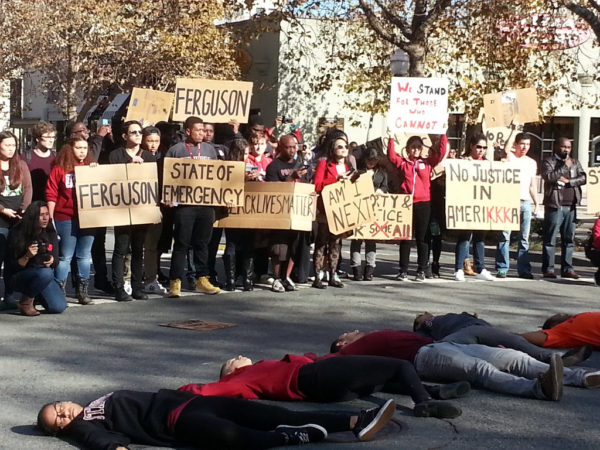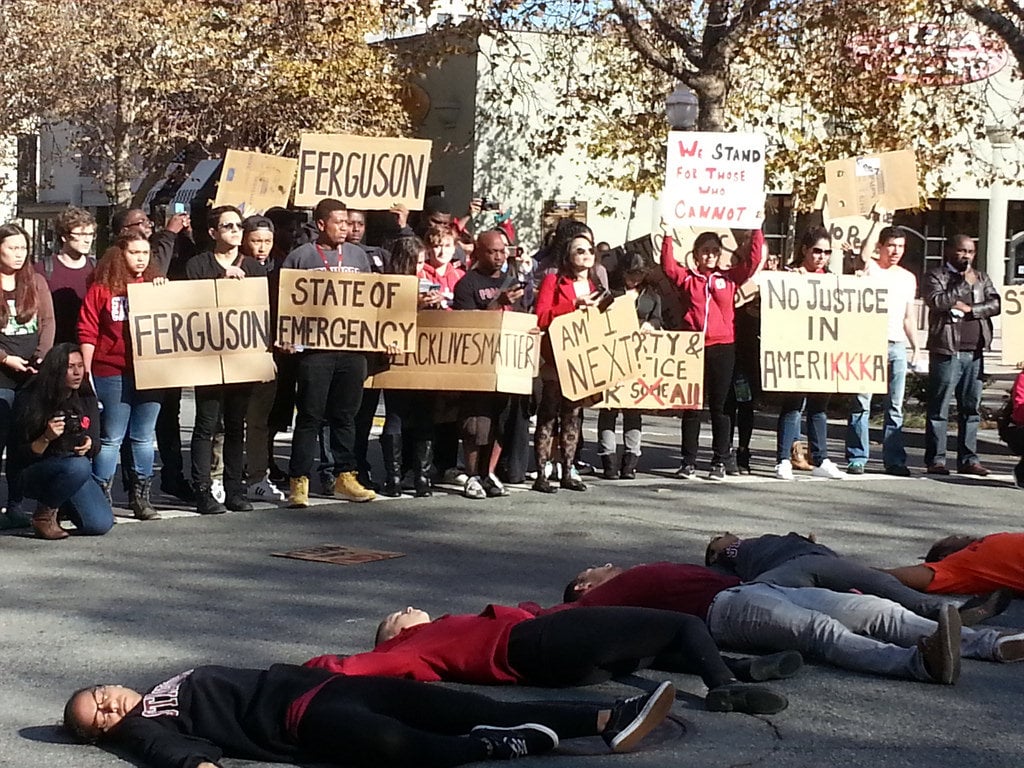
Last week, the Stanford Review Editorial Board published a response to Professor David Palumbo-Liu’s response to an article in the Stanford Review calling for Palumbo-Liu to distance himself from the Campus Anti-Fascist Network or resign from Stanford. While the whole situation has been quite messy, the Review hoped to bring clarity to the situation in their response, citing academic works such as historian Mark Bray’s “Antifa: The Anti-Fascist Handbook,” a text on the history of anti-fascist movements. As a student of history, I am always quite happy with the idea of people delving into historiographical monographs in hopes to better understand the political culture of today. The question of the potential rise of fascism and how to combat it is not just a theoretical question. In our modern America, innocent lives have already been taken by fascists: less than a year ago, Heather Heyer was murdered by a white nationalist at a protest in Charlottesville. This discussion has had serious political implications across America. Reading and contemplating a historiographical text such as “Antifa: The Anti-fascist Handbook” provides new voices and ideas to the conversation, regardless of whether or not one agrees with the book’s conclusions.
Unfortunately, the Stanford Review failed to deliver this level of intellectual discussion. Instead of actually putting in the effort to understand the history of anti-fascist movements, they merely cite the title of the book alone to demonstrate that “antifa” and “anti-fascist” are essentially interchangeable as terms in contrast to Palumbo-Liu’s claim that the terms have different meanings and histories. If the Stanford Review Editorial Board had actually had the intellectual motivation to read the book, they would have realized that the book does not, in fact, support the claims they are making.
If any member of the Editorial Board of the Stanford Review had read “Antifa,” they would have understood that violence has historically been used for just and necessary ways by anti-fascist movements across the globe. In their article, the Stanford Review asks their readers for an article submission defending the use of violence in times of “extremely political circumstances.” If they had actually read the text they were citing, they would not need to ask their readership for help in making such an argument. While violence is, of course, not necessary in many political environments including our own at Stanford, Bray’s text lays out the many times through history when the political stakes were high enough to easily justify the use of violence in defence of freedom and lives by anti-fascist movements. Perhaps the most famous of which is the 1936 Battle of Cable Street, in which anti-fascist and communist groups clashed with self proclaimed fascists who were attempting to intimidate a district of London with a high Jewish population. As I doubt any members of the Editorial Board of the review are fascists or anti-Semites, they should no doubt agree with both historians and myself that the use of violence in that situation and others like it was both necessary and just to defend the lives of innocent people. If they had actually opened the text they were citing, the Editorial Board would no doubt have been aware of many instances where violence was used in necessary circumstances by anti-fascist groups.
Unfortunately, the Editorial Board of the Stanford Review has made it clear that they have not read “Antifa: The Anti-fascist Handbook.” Or, and perhaps even worse, they read the book, but willingly failed to understand it and the arguments held within, claiming understanding but showing nothing but ignorance.
It is hard to believe that one of the main student publications on campus is citing texts they clearly have neither read nor understood in depth. It is apparent that the political agenda of the Stanford Review has resulted in the neglect of intellectual engagement with books and ideas. Instead of using books as a way to experience new concept arguments (be they right or wrong, comfortable or uncomfortable, politically correct or whatever the opposite of that may be), the Stanford Review cites and discusses books they do not understand and puts no effort into attempting to understand them. We, as both humans and Stanford students, should constantly strive to better our understanding of the world through exposure to new ideas. Unfortunately, the Stanford Review fails to do this. To cite a book that they have clearly not read in order to promote a political argument is completely and utterly intellectually dishonest and antithetical to the goals of Stanford as a university. For anyone who is actually willing to engage with difficult ideas, Mark Bray’s “Antifa: The Anti-Fascist Handbook” provides insight into one of the most important and complicated debates of our time.
Contact Ben Maldonado at bmaldona ‘at’ stanford.edu.
